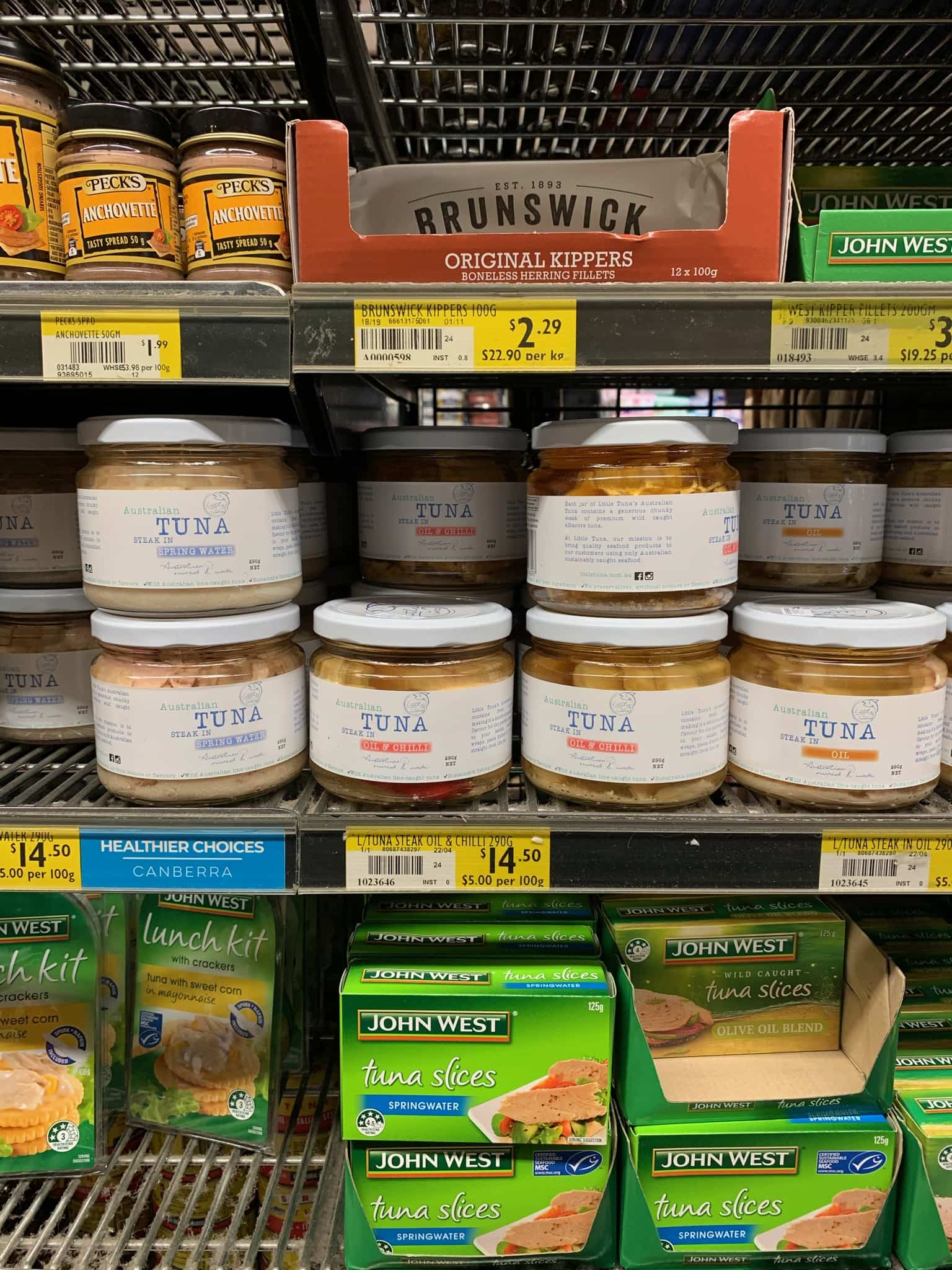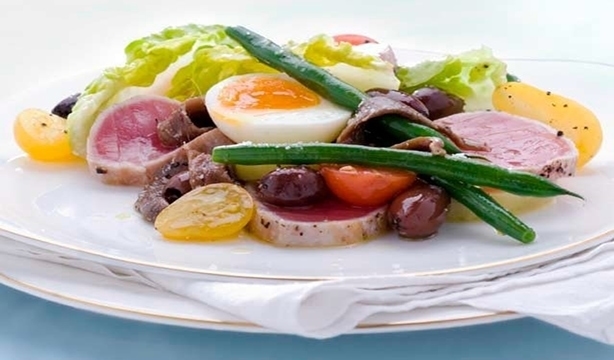Eat tuna for a healthy body and mind
This World Tuna Day, on 2 May, Tuna Australia is encouraging people to eat tuna regularly to realise its significant health benefits, as tuna products once destined for overseas markets are now being sold in supermarkets.
“Tuna is a lean protein source full of omega-3 fatty acids and micronutrients such as vitamin B, magnesium, zinc and selenium. These are vital for a healthy immune system, heart and brain,” says David Ellis, CEO of Tuna Australia.
“Tuna can be eaten raw, rare or cooked, making it a versatile, nutritious and tasty addition to any meal.”
Research shows that regular consumption of seafood provides a range of health benefits, including reduced risk of heart disease, reduced blood pressure, decreased inflammation, and an improved immune system.
“To fully reap the benefits of tuna, I’d encourage everyone to eat it regularly as part of a varied diet.”
More available than ever before
For people looking to get their hands on some fresh tuna, it’s become much easier to find in recent weeks.
With the near-collapse of international flights due to COVID-19, tuna operators who previously exported product to overseas markets such as the United States and Japan have turned to the domestic market.
One of the biggest tuna operators—Walker Seafoods, based in Mooloolaba, Queensland—is for the first time supplying fresh tuna products to Coles supermarkets. Consumers can now buy sashimi-grade yellowfin tuna at $35/kilogram—about half of its cost before COVID-19.
Another tuna operator, Prime Fish, based on the Gold Coast, is doing more frequent deliveries to meet increased local demand for their product—and they’re looking to build on this interest.
“We’re planning to open a shopfront in the Gold Coast in the not too distant future,” says owner Lisa Jacobsen, acknowledging this will complement their export operations.
“We’ve always wanted to do it [the shopfront] but the pandemic has made us think we should.”
The shop won’t be a “typical seafood retailer,” says Lisa.
“We’ll only sell our species—yellowfin, mahi mahi, swordfish and albacore—in certain times when we have fresh products.
“We want to keep it really fresh, so we don’t have to freeze anything—that’s our point of difference,” she says.

Little Tuna products for sale in Ainslie IGA supermarket in Canberra. Photo by David Ellis.
Locally-caught canned tuna
It’s not just fresh tuna that’s packed full of micronutrients—canned tuna is nutritious, too. And for those who want to ‘buy Australian’, Little Tuna has the solution.
The Cairns-based business sells high-end canned tuna products using locally-caught fish, which can be bought through their website or from select supermarkets.
“Customers can enjoy the health benefits of tuna while knowing that the fish they’re eating has been sustainably caught. Our canned tuna is a nutritious, ethical food option,” says owner Rowan Lamason.
“To get similar health benefits from another fish you’d have to eat sardines or anchovies, but they’ve got a very fishy flavour. We use albacore tuna, which has quite a bland flavour, making it a popular choice.”
Rowan says his customers make all sorts of tuna dishes, including tuna bake and eating it straight out of the jar.
“My go-to meal is putting tuna on a cracker with a bit of mayo and cracked pepper. It’s great to share with friends,” he says.
“Lots of people also like to add tuna to their salad—they get all their dietary requirements in one go while enjoying a delicious meal that’s easy and simple to prepare.”
